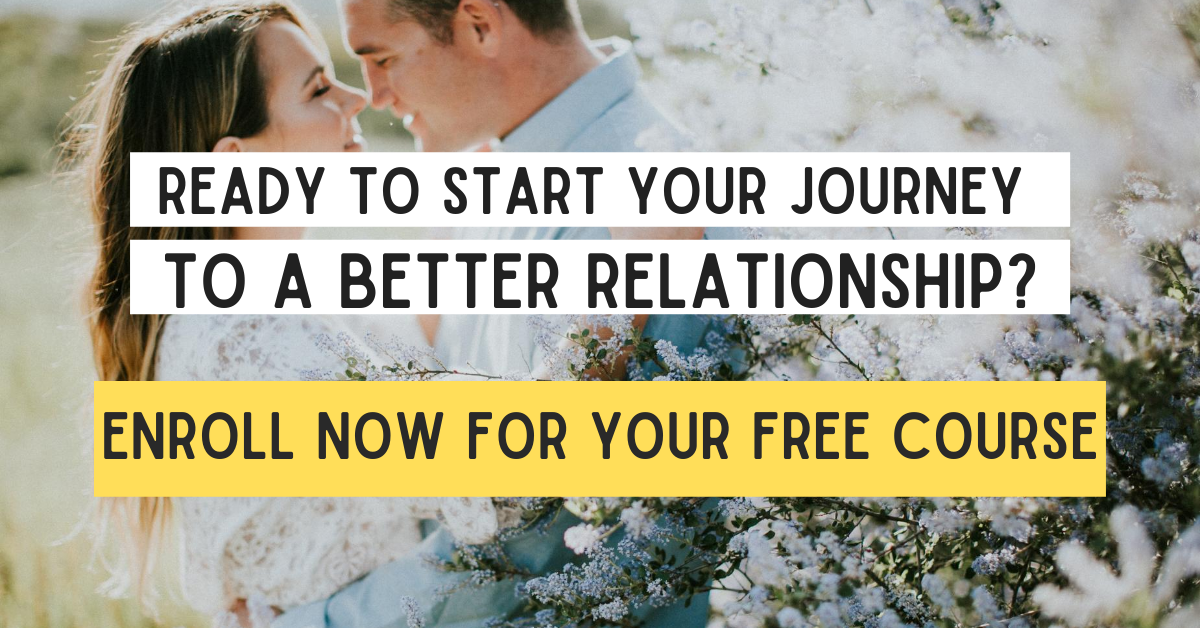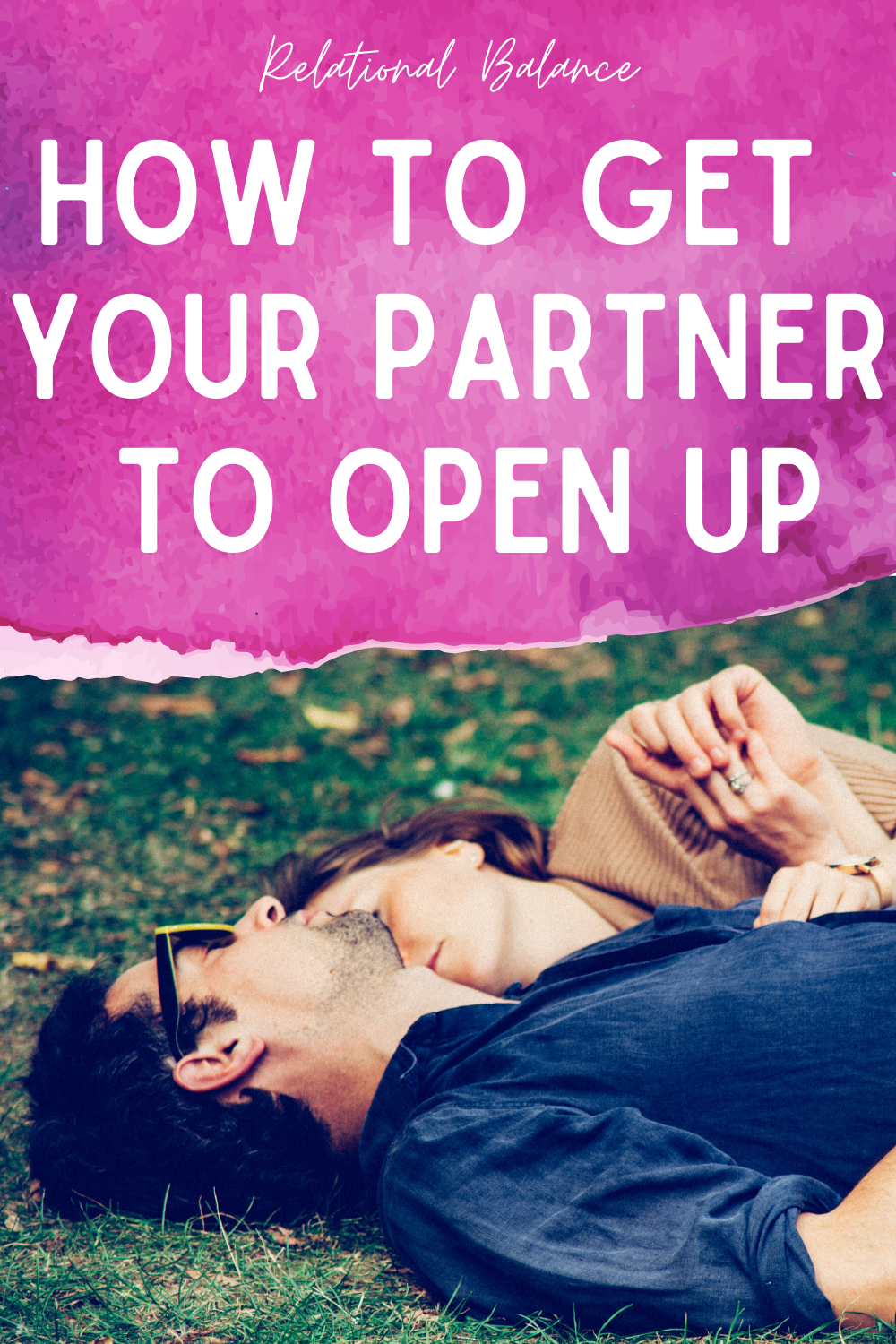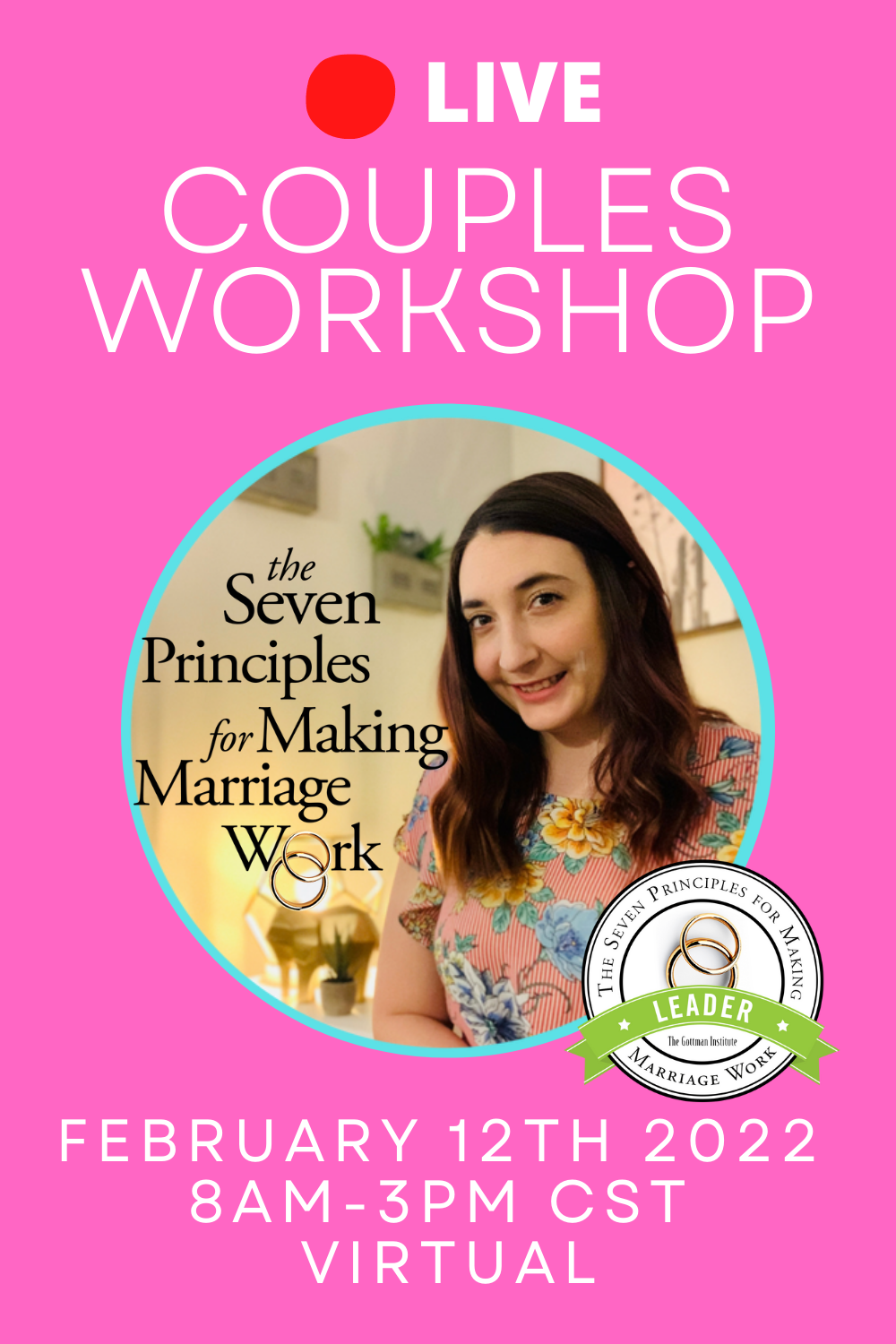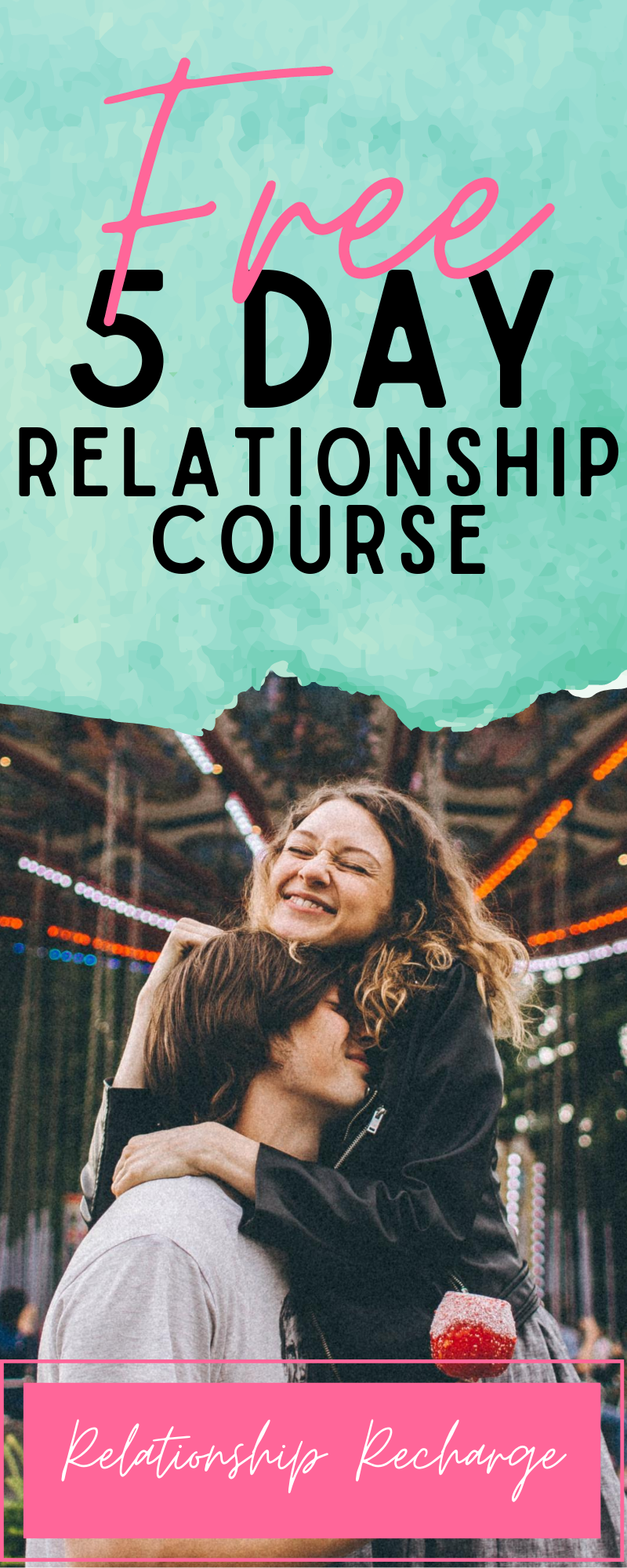|
Being vulnerable in a relationship is an extremely challenging but necessary feat. When we are open, honest, and vulnerable in a relationship, we can really take our relationships to the next level. However, being vulnerable isn’t easy for most. It’s terrifying to say the least. Most of us have been hurt before, whether growing up or in past romantic relationships, it has stopped us from truly being ourselves in a relationship. It takes a lot of self-reflection and insight to travel back to some of those past hurts and rewrite our stories. But what if we are in a relationship with someone who is also hurt. It’s a strong possibility given the fact that we are all imperfect beings in imperfect relationships. How do we help our partner feel comfortable with opening up to us? This question is one of many that I hear in sessions with my couples who are looking to deepen their relationship. While this is a complex topic that can’t be broken down completely in a blog post, I wanted to give some foundational support to get you started. Keep your eyes peeled for my upcoming course on how our past impacts our current relationships. Sign up for the email alert when it drops. The answer? Creating an emotionally safe space. Sounds cheesy, I get it, but that doesn’t make it less important. We all need that warm and cozy place to snuggle into, no matter how “tough” we are. Many of us like to tell ourselves we don’t “need” anything, I call BS. How to Create an Emotionally Safe Space Set aside a physical space and time. This first tip is obvious, but overlooked. You have to build a time and place set aside to talk about how the relationship is going, what’s stressing you out at work, how Aunt Marge is doing, what’s your current Netflix binge etc. If you build it, they will come. It’s crazy to think about how so many of us actually don’t sit down with our partners and chat about what is going on in life. I recommend making it a fun, weekly ritual. Pop a bag of popcorn, sit outside on the front porch and take time to be present with one another. If you are needing help figuring out what to talk about, find my free cheat sheet here. Ask your partner open-ended questions. Asking questions as your partner is talking is a great way to get a deeper understanding of how your partner is feeling. Don’t ask your partner yes or no questions, that’s boring and limiting in their responses. Focus on diving deeper in perhaps how they are thinking or feeling about a specific situation. Here are some examples to use once you’ve set the space, have your partner’s attention and are ready to listen. 1. What is the most upsetting (scary, exciting, sad, happy etc), thing about this situation? 2. Does this remind you of anything from your past? 3. How does this impact how you? Be empathetic. I’m an empathy junkie. I love it. If you’re looking to help your partner feel heard and understood with one simple technique, this is the technique to learn. Being empathetic means putting yourself in your partner's shoes and expressing them to you to see or hear their pain. Empathy is not being judgmental or trying to fix your partner. Empathy is sitting with your partner in the pile of shit and letting them know they are not alone. I’ve written an entire blog post just on empathy alone (no shock there). Feel free to check it out for more details. BONUS: Be patient. Building a safe environment in the relationship takes time and consistency. After all, you’re essentially building a deeper level of trust and that takes effort. Building a safe space is not easy, but stick with it. You and your partner have the opportunity to create a brand new culture, one in which you don’t have to keep your hurts and feels all to yourself.
0 Comments
Your comment will be posted after it is approved.
Leave a Reply. |
Author
Archives
May 2021
|
|
Copyright Relational Balance © 2022
|






 RSS Feed
RSS Feed

